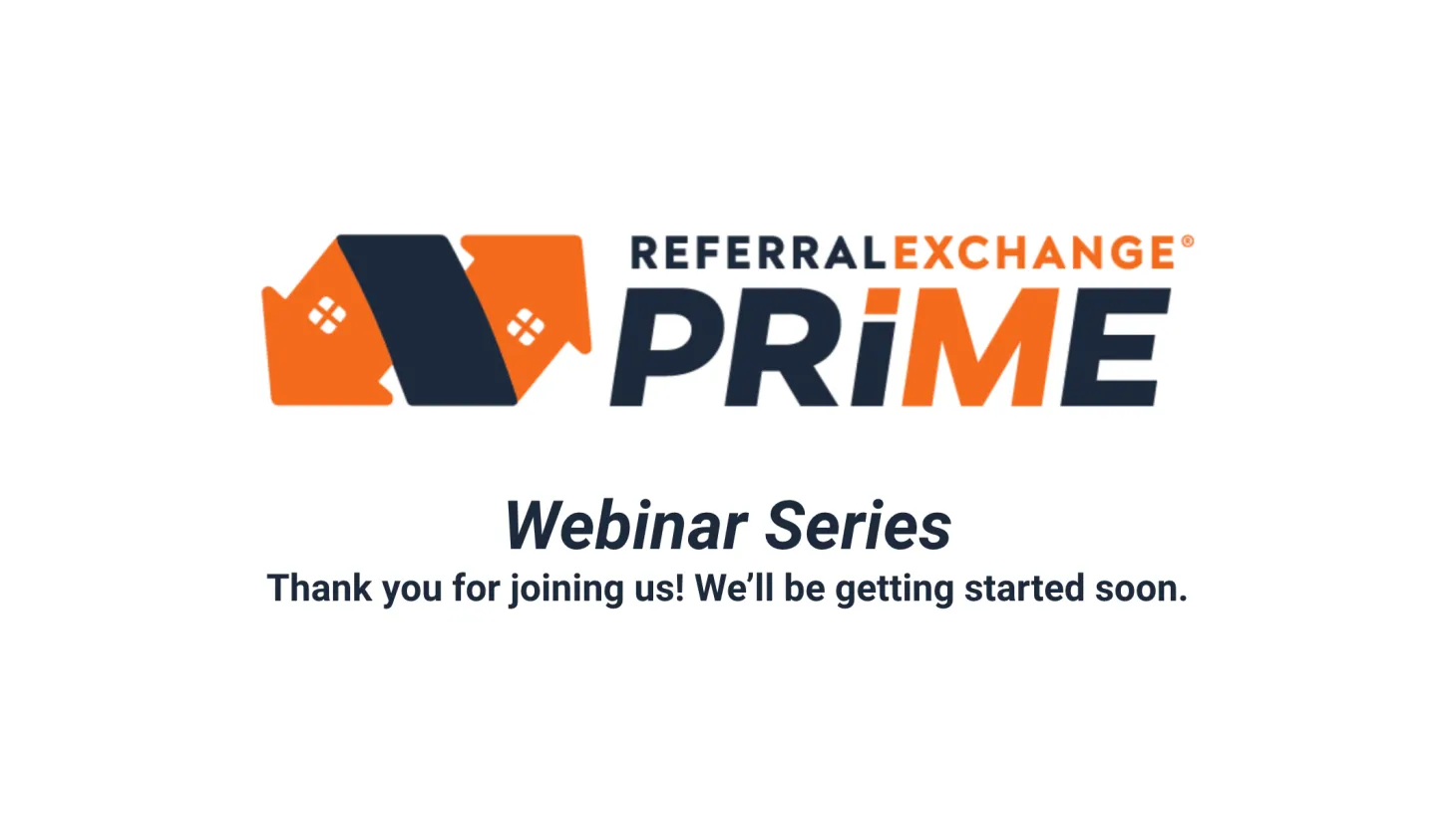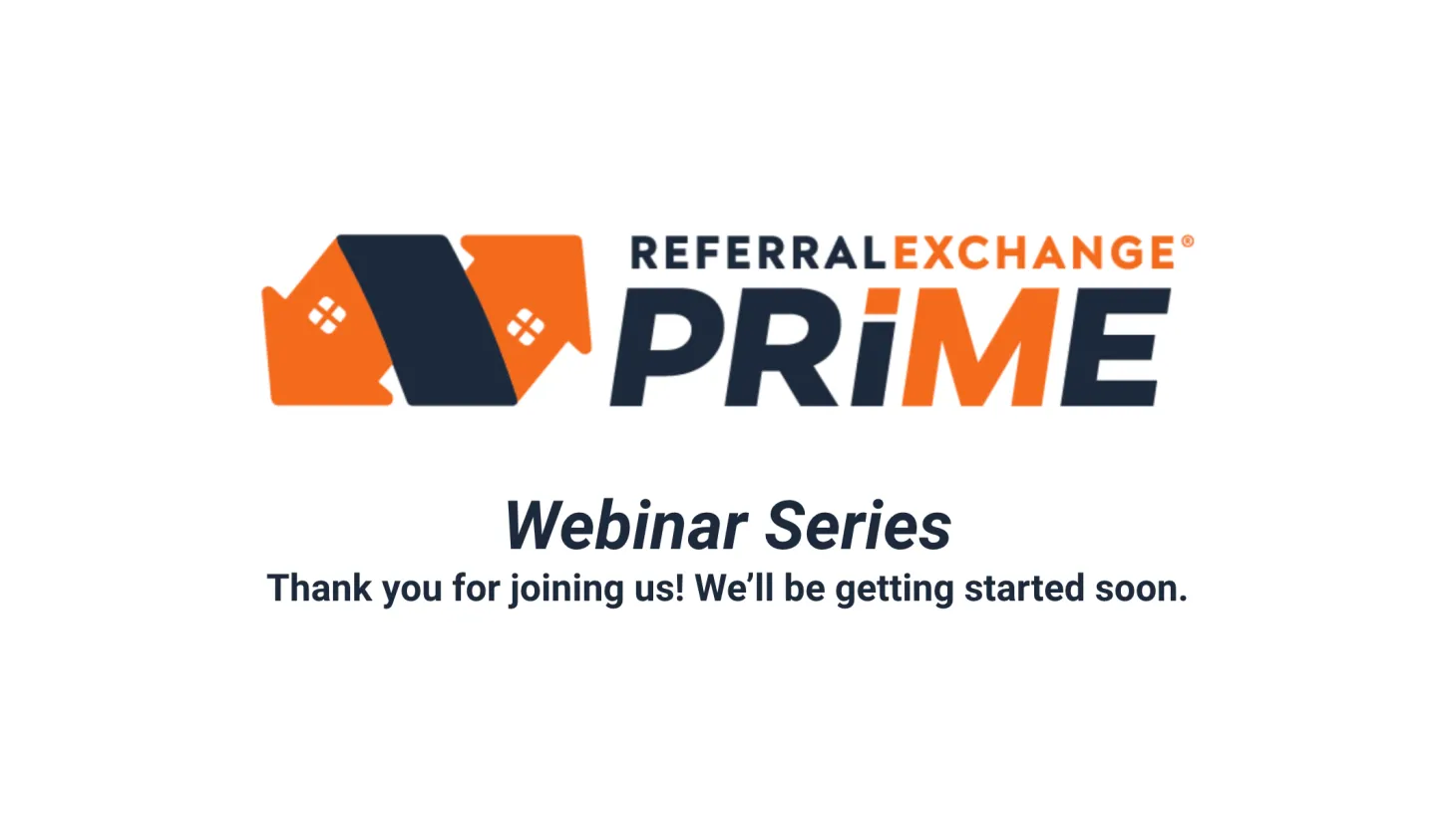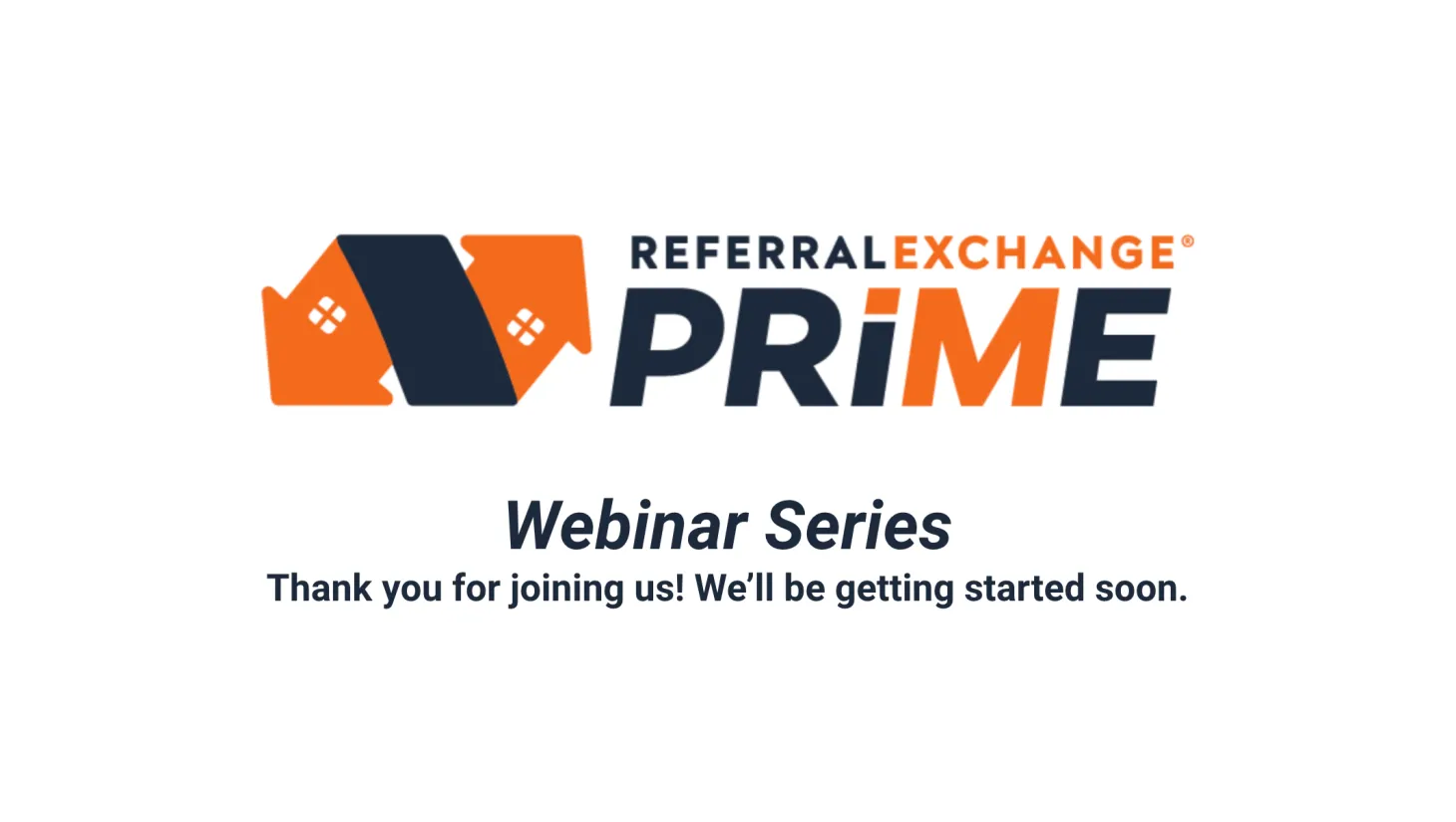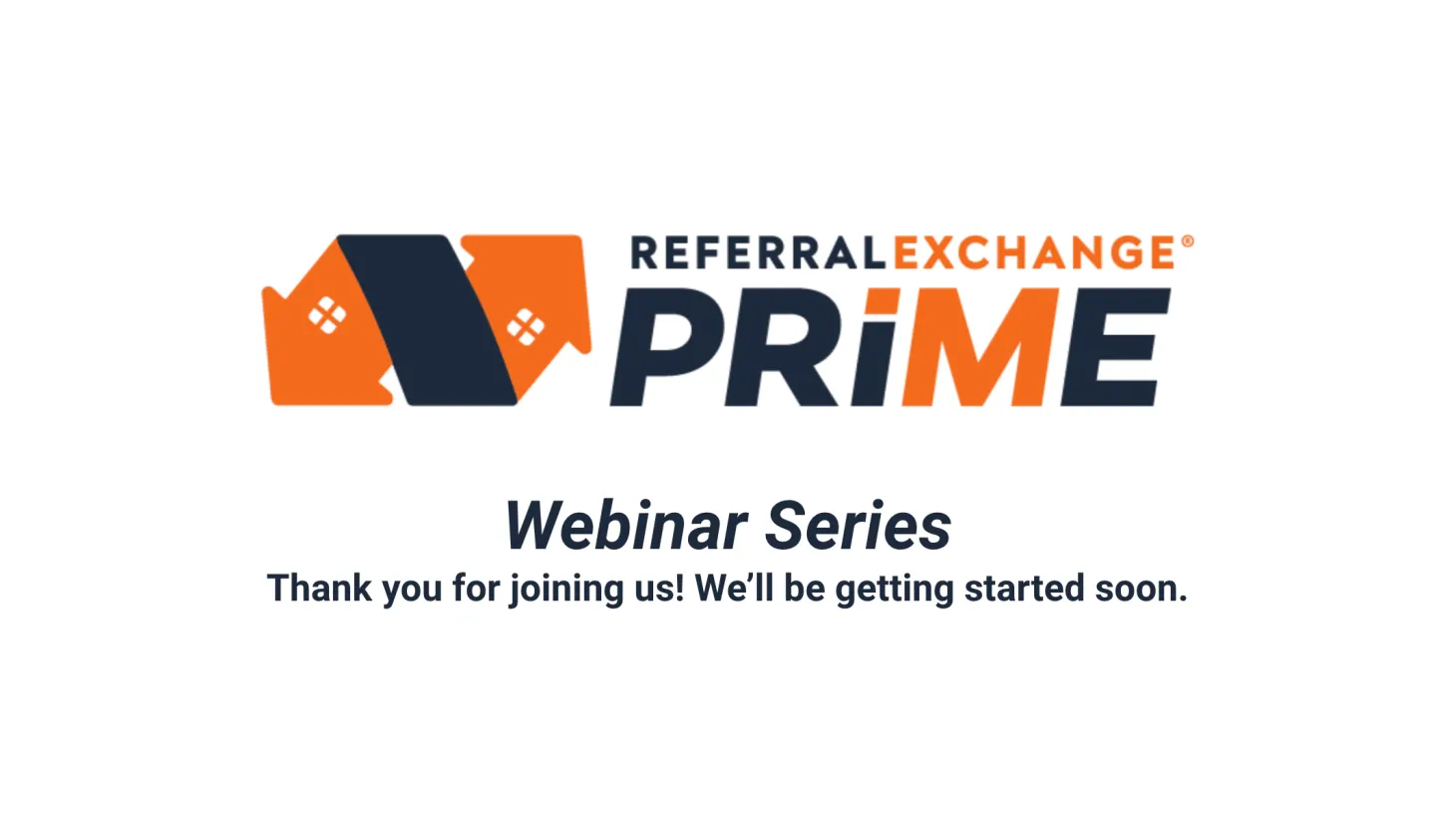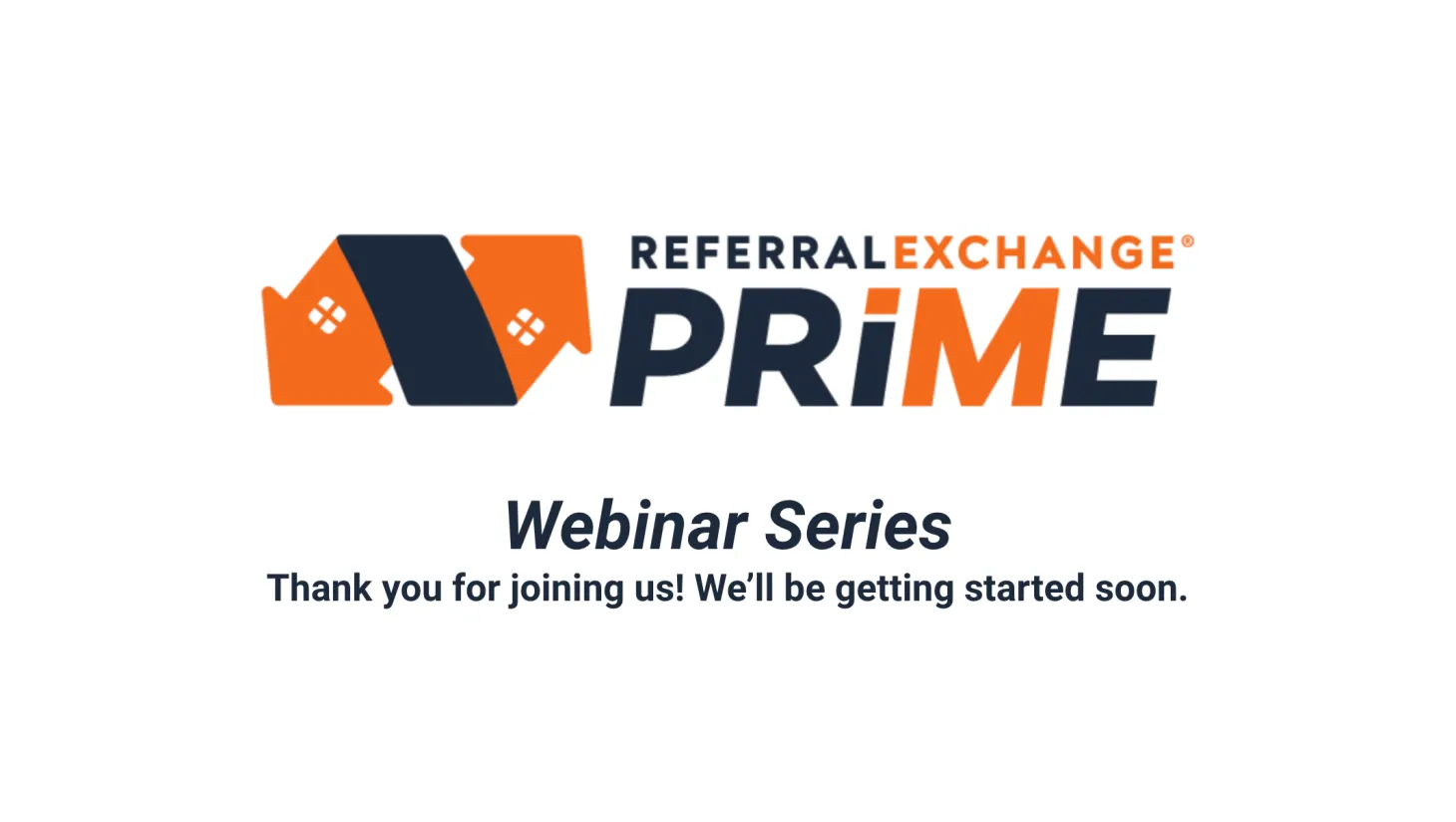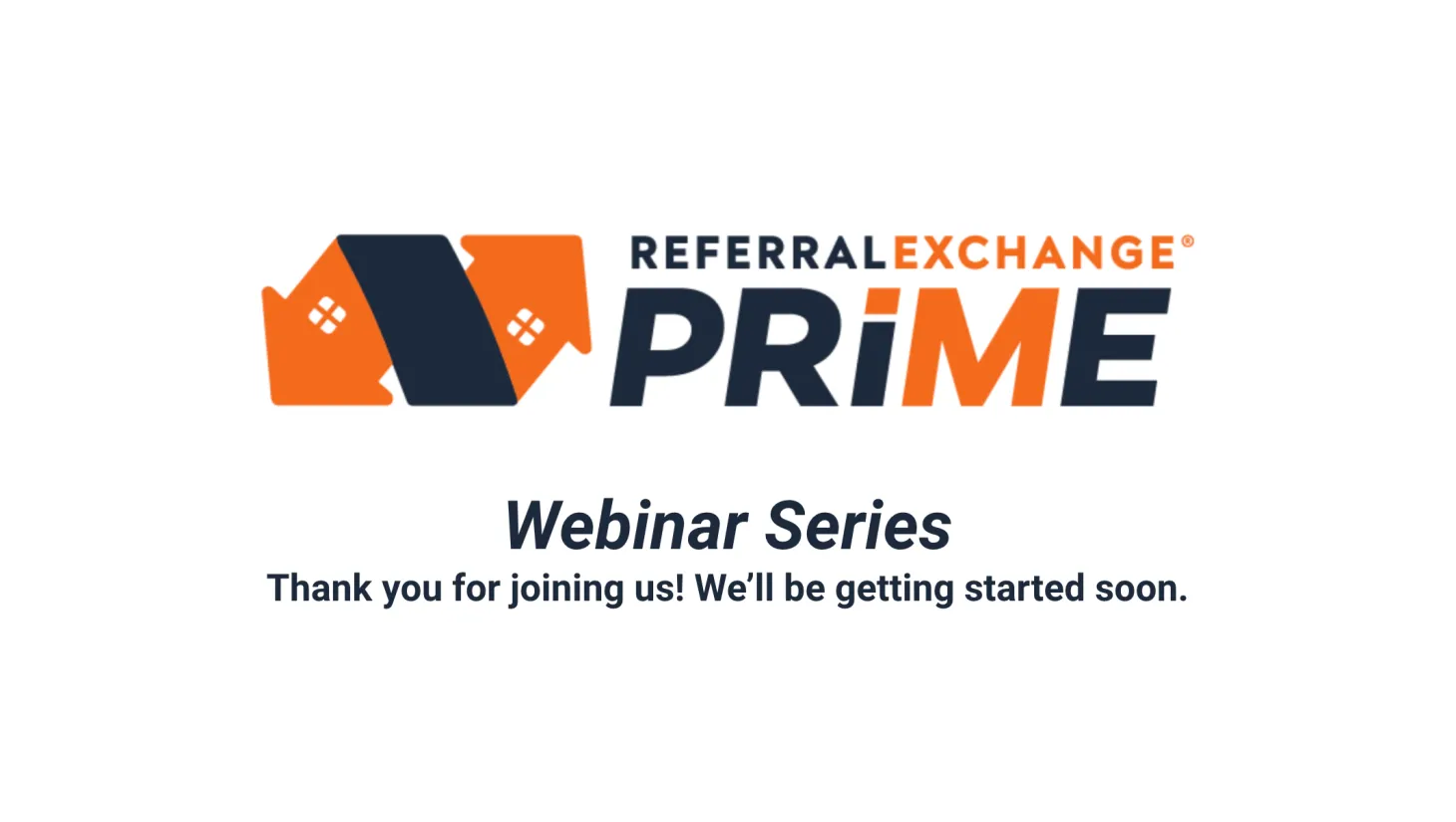
3 Reasons Your Real Estate Website Might be Out of Date
It’s not uncommon for real estate websites to be out of date. Here are 3 reasons why yours might be outdated, and ways you can fix each one.
As a modern agent, you know your online presence is key to building your reputation, brand recognition, and getting more clients. Having a real estate website of your very own is also an important component to your business’s digital identity. It’s not uncommon for business websites to be out of date, but with some smart planning and thoughtful strategy, you can keep yours updated and fresh.
The Impact of Having a Real Estate Website
As a real estate agent, having a real estate website of your very own is key to strengthening your brand, housing key information and content, and having another destination to send your online audience. You can use your real estate website for a variety of powerful tools, like:
- Hosting a real estate blog
- Showcasing your latest listings
- Intaking and highlighting client testimonials
- Sharing your contact information and other online presences, like social media profiles
Each of these pages on your real estate website provides invaluable opportunities to share links via social media, text, and email. It’s also impactful to ensure these pages are using search engine optimization, or SEO, to drive people using search engines like Google or Bing to find your website.
3 Common Reasons Your Real Estate Website Could be Outdated
Clearly, it’s important to have a real estate website as part of your online presence and overall business plan. But it’s not uncommon for any business’s website to end up being outdated, collecting virtual dust. Here are 3 common reasons it happens, and ways you can fix each one.
#1. You’ve Tried to Do it All Yourself

There are a variety of website hosting platforms promising everyday users easy setup and creation, no coding expertise needed. And they definitely do produce visually appealing, professional-looking websites. But even the easiest of drag-and-drop setup can eat up precious hours and cause plenty of frustration. When you’re an agent juggling what feels like a million tasks in a single day, updating, editing, and sprucing up your real estate website can feel like the lowest priority.
The solution: Instead of trying to go the DIY route, hire an experienced web developer. They don’t necessarily have to be specialists in the real estate industry, since web code is a universal language, but you’ll want to ensure they have a strong portfolio for website creation. Be sure to ask what types of businesses they’ve worked with in the past, ask to see examples of their work, and dig into website challenges they’ve faced and overcome.
#2. You’re Not Auditing it Regularly
Taking the set it and forget it approach works in some instances of your area of work, but your real estate website isn’t one of them. One of the biggest reasons your real estate website can become outdated? Because you’re not auditing it regularly.
If image links break, the host server goes down, or old information is still up on your website, you won’t know unless you’re checking it regularly. Consumers who land on your website will quickly leave if they have a digital experience that’s subpar, and they may have a negative connotation of your brand if it’s their first impression of your online presence.
The solution: Set a recurring block on your calendar each month to audit your website. Click around on each page, make sure everything is working, and refresh any information as soon as you can. If you’re working with a web developer, they likely have alerts set up in case something with the website host breaks or goes down. This allows them to jump into action if anything major takes place, but be sure to double-check they have this system in place.
#3. You Don’t Have a Clear Strategy

Having a real estate website isn’t just something you quickly throw up online to check off a box. It’s a part of your brand, a digital home for your business, and a place where you can show off information to help consumers understand you, trust your expertise, and decide whether or not to use you as their agent. If your website seems outdated, it could be because you didn’t kick it off with a clear strategy in mind.
The solution: Even if your website is already live, it’s never too late to get your strategy in check. First, decide how you want your website to look and feel. What information do you want to convey? What impression do you want visitors to have when they first get there, and what should they leave with? Then, pick the content you want to share on your site. A great trio to start is a real estate blog, a listings section, and a page for your client testimonials.
After you determine content, work with your web developer to optimize your website for SEO. This will help increase the odds of consumers finding your website when they search specific terms using a search engine. Lastly, add content updates to your content calendar. You’ll want to keep the maintenance and updating of your website a regular part of your overall content strategy. This will help prevent it from being outdated in the long run.
If you want to add another boost to your online presence, you need to get your RealEstateAgents.com profile up and running. You can link to your profile from your personal website and vice versa. Don’t miss out on the chance to connect with active leads and develop your digital footprint with RealEstateAgents.com.

